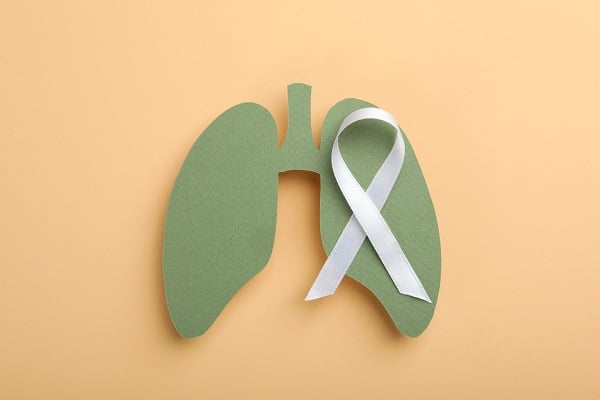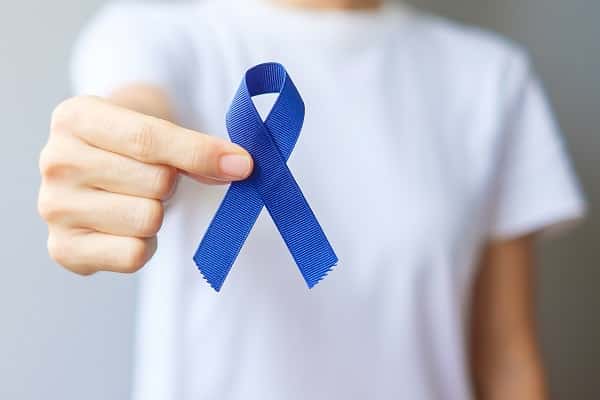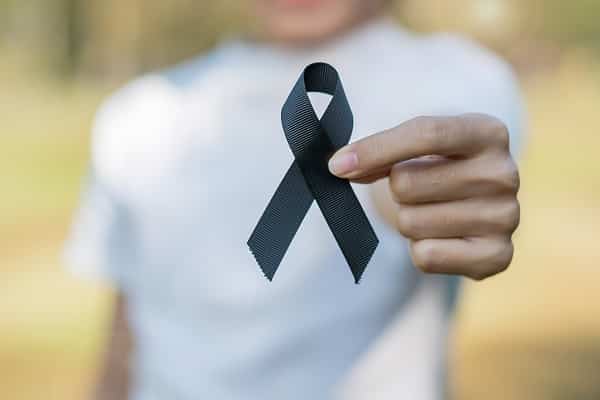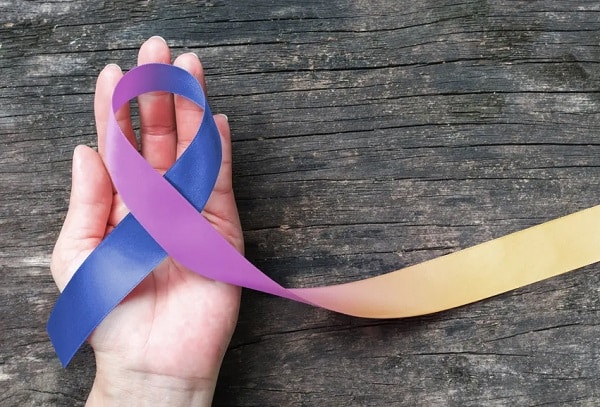Cancer is a frightening word for most people. It seems to be constantly in the news, and it can often seem like there is no escape from it. The truth is, however, that cancer is not one disease but rather a term used to describe a large number of conditions. To help you get a better understanding, this post will look at some of the most common types of cancer. It will also discuss the symptoms and treatment options for each type. That way, you can be better informed about what to do in the event of a diagnosis.
Contents
The Risk Factors For Cancer

With the many different forms of cancer, it is difficult to pinpoint a single cause. However, there are certain risk factors that can affect your chances of developing the disease. These include age, lifestyle choices (such as smoking or alcohol consumption), genetics, and environmental exposures. It is important to remember that having one or more of these risk factors does not mean you will develop cancer; they simply increase your chances of getting the disease.
And while some of these factors you have no control over, such as age or genetics, you can make lifestyle choices to reduce your risk of developing cancer. For example, eating a healthy diet that is low in processed foods and high in fruits, vegetables, and whole grains can help lower your chances of getting certain types of cancer. Additionally, exercising regularly and avoiding tobacco products are vital ways to reduce the risk of developing the disease.
The Most Common Types of Cancer
Along with making changes to your lifestyle, it is crucial to understand the different types of cancer and what they involve. This can give you a better picture of what to look out for and how best to prevent it. Here are some of the most common types of cancer:
Breast Cancer

Breast cancer is a serious disease that can have life-altering effects on those affected by it. In order to understand the impacts of breast cancer, it’s important to know how it works in the body. Breast cancer typically starts as a buildup of abnormal cells in the tissue, which then begins growing uncontrolled. These cells reproduce quickly and form tumors which can start spreading to other parts of the body if not detected early enough.
To prevent this, doctors recommend regular self-examinations and mammograms to discover any developing abnormalities in time. Early diagnosis is key so that affected individuals can seek medical assistance before cancer has advanced too far. Treatment options for breast cancer include surgery, chemotherapy, radiation therapy, and hormone therapy.
Prostate Cancer

The prostate is a small organ located in the lower abdomen of men that produces some of the components of semen. Prostate cancer occurs when there is an abnormal growth of cells within this organ. The risk factors for developing prostate cancer are similar to those for breast cancer: age, lifestyle choices, genetics, and environmental exposure.
The symptoms of prostate cancer vary and can include difficulty urinating or a weak urinary stream, blood in the urine, pain in the pelvic area, or even bone pain. Prostate cancer is usually treated with surgery to remove the prostate gland if it has not spread to other parts of the body. If it has spread, chemotherapy or radiation is generally recommended.
Lung Cancer

Lung cancer is one of the most common and severe types of cancer. It usually affects people who have a history of smoking, although it can also occur in non-smokers due to environmental exposure or genetics. The most common symptom of lung cancer is a persistent cough that does not go away. Other symptoms include chest pain, shortness of breath, and wheezing.
Treatment for lung cancer typically involves surgery to remove the affected area of the lung, chemotherapy or radiation therapy, or both. In some cases, targeted drugs designed to attack only the cancer cells may be an option.
Colon Cancer

Primarily affecting the large intestine, colon cancer is the third most common form of cancer in both men and women. It usually affects people over the age of 50, and the risk increases with age. Other risk factors include lifestyle choices such as a diet high in saturated fats or lack of exercise, genetics, and environmental exposures.
Symptoms may include rectal bleeding, changes in bowel habits, weight loss, and abdominal pain. Treatment typically involves surgery to remove the cancerous part of the colon, followed by chemotherapy or radiation therapy.
Skin Cancer

Skin cancer occurs when the cells in the skin divide uncontrollably and form growths on the surface. This kind of cancer is often due to long-term exposure to direct sunlight, which damages DNA in the skin cells and leads to mutations that cause them to grow abnormally. It’s also possible for skin cancer to spread to other parts of the body if the cells move to nearby blood vessels or lymph nodes.
Treatment options vary depending on how far along the cancer has progressed and could include surgery, radiation therapy, chemotherapy, or targeted drug treatments. It’s important to catch any suspicious growths on your skin early so as not to let it affect other parts of your body– a regular routine checkup at your doctor can make all the difference.
Bladder Cancer

Typically bladder cancer starts as a tumor, made up of abnormal cells that begin to form on the lining of the bladder. When left untreated, these cells may start to spread to other parts of the body. Depending on its related prognosis, treatment options could range from radiation therapy to surgeries like transurethral resection of bladder tumor (TURBT).
It’s important for everyone to have regular consultations with their doctor and understand the risks of contracting this particular cancer. Awareness of potential symptoms such as pain when urinating or bloody urine can help earlier diagnosis and lead to greater success rates in treating it.
Be Aware Of The Most Common Forms Of Cancer
In conclusion, there are a number of different factors, ranging from lifestyle choices to environmental exposures, that may increase your risk of cancer. It’s essential to stay aware of the potential symptoms of any type of cancer and go for regular checkups at your doctor in order to catch any abnormalities early on. Treatments vary depending on how the cancer has spread but could include surgery, chemotherapy, radiation therapy, or targeted drugs. By being aware of the risks and symptoms of these common types of cancer, you can work toward the prevention and treatment of this disease.


